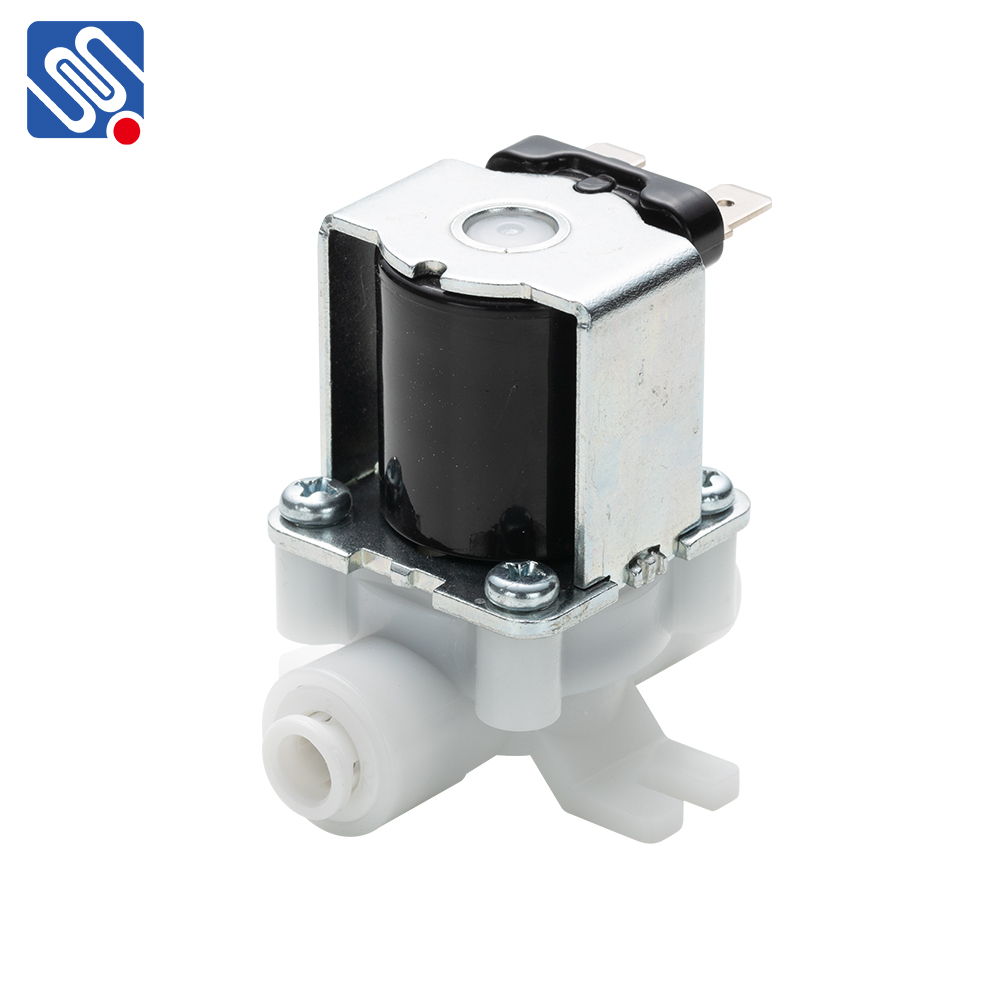Food Grade Solenoid Valve Certification plays a pivotal role in maintaining food safety and hygiene standards across industries involved in food and beverage processing, packaging, and distribution. These valves, commonly used to control the flow of liquids and gases, must meet specific regulatory requirements to ensure that they do not compromise the quality or safety of the food products they interact with. This certification process involves rigorous testing, validation, and compliance with international safety standards to guarantee that the valves are fit for use in food-related applications.

What is Food Grade Solenoid Valve Certification? Food grade solenoid valves are specially designed to be used in systems that handle food and beverage products. To earn the food-grade certification, a solenoid valve must meet a range of criteria that ensure the materials used are safe for food contact. These valves are typically used in applications such as controlling the flow of liquids (e.g., milk, juices, oils) and gases (e.g., carbon dioxide in beverage production), so the potential for contamination must be minimized. Certification ensures that the valve materials do not leach harmful chemicals into the food product and that they are constructed in a way that prevents bacterial growth and other hygienic concerns.